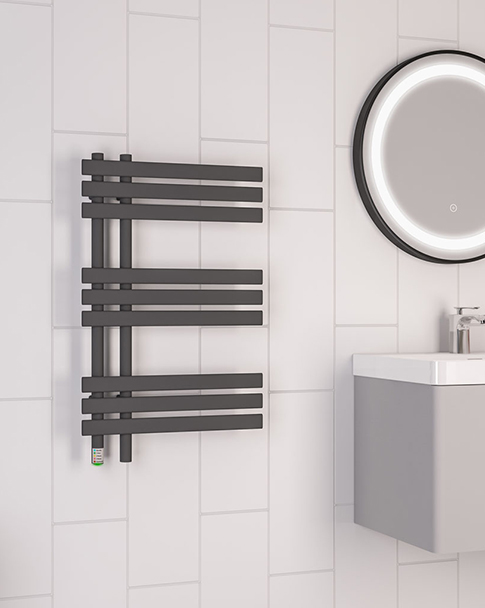
Advanced Alloys and Streamlined Logistics Pave the Way for Next-Generation Electric Towel Rails
The electric towel rail industry is undergoing a quiet revolution, not just in design and function, but at a fundamental manufacturing level. Innovations in material science and a strategic shift in global supply chains are setting the stage for more durable, efficient, and accessible products.
A key development is the adoption of advanced aluminum alloys in heating elements and radiator bodies. These alloys offer superior thermal conductivity compared to traditional stainless steel, enabling faster heat-up times and more even heat distribution. This translates to lower energy consumption for the same level of warmth, a significant selling point for cost-conscious consumers. Furthermore, aluminum's natural corrosion resistance and lighter weight reduce long-term maintenance concerns and shipping costs.
Simultaneously, manufacturers are re-evaluating their supply chains. The era of single-source dependency is fading, replaced by multi-sourcing strategies and regionalized production hubs. This approach enhances resilience against geopolitical disruptions and fluctuating freight costs. Some European brands are now establishing assembly facilities in Eastern Europe, while North American brands are looking to Mexico, aiming to reduce lead times and offer more competitive pricing to end customers.
Industry Insight:
"The focus is shifting from just 'smart features' to 'smart manufacturing'," says David Chen, a supply chain analyst specializing in home appliances. "Brands that secure a stable supply of high-grade materials and agile logistics will lead the market. The ability to quickly adapt and offer reliable, high-performance products at a stable price is becoming the ultimate competitive advantage."